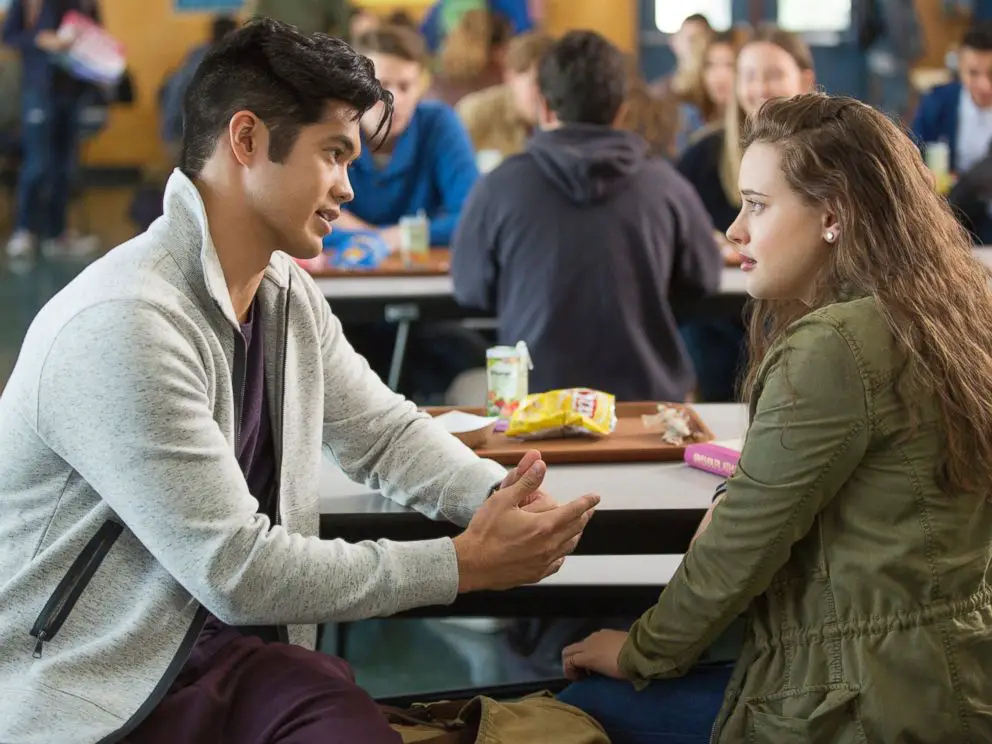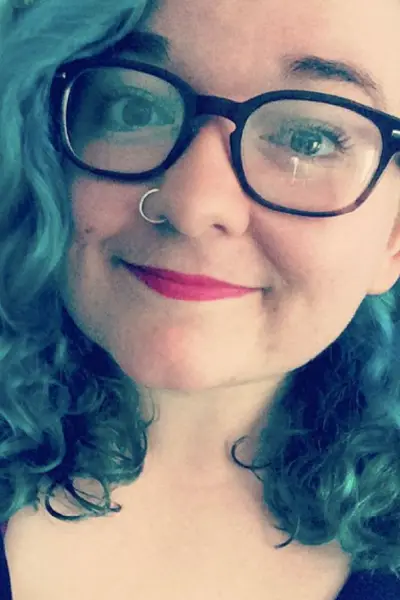People don’t like to talk about death, so suicide awareness is often swept under the rug. Everyone has a hard enough time talking about mental illness and bullying, and any effort to address the issues feels half-hearted or flippant at best. Every once in a while, though, someone will release a show or movie illustrating the horrors of bullying in its many forms, but in a ’90s after-school special kind of way.
I’m sure everyone remembers “Cyberbully,” the ABC Family movie about a young girl’s struggle with virtual bullying. It gathered a lot of attention, but most viewers found it over-the-top instead of harrowing. Sensitive subjects depicted in movies and television often fall into comedic territory, because they crank up the drama for entertainment’s sake, thus wiping away any sympathy from audiences.
Netflix’s newest show, “13 Reasons Why,” is attempting to remedy the moral-of-the-story feeling that comes with shows and movies focusing on bullying and suicide. In an attempt to raise suicide awareness, the creators of “13 Reasons Why” surely had good intentions, but did the show achieve its goal?
Intended Audience and Message
When examining content like “13 Reasons Why,” you have to think about what the creators were trying to accomplish and how. You wouldn’t look at “Game of Thrones” through the same lens, because it’s mostly for entertainment purposes.
The intent of “13 Reasons Why” is to show how every wrongdoing, no matter how slight it may seem, can add up, putting “sticks and stones may break my bones, but words will never hurt me” to shame. And in Hannah’s case, she believed that each of these details led to events of her last few tapes.
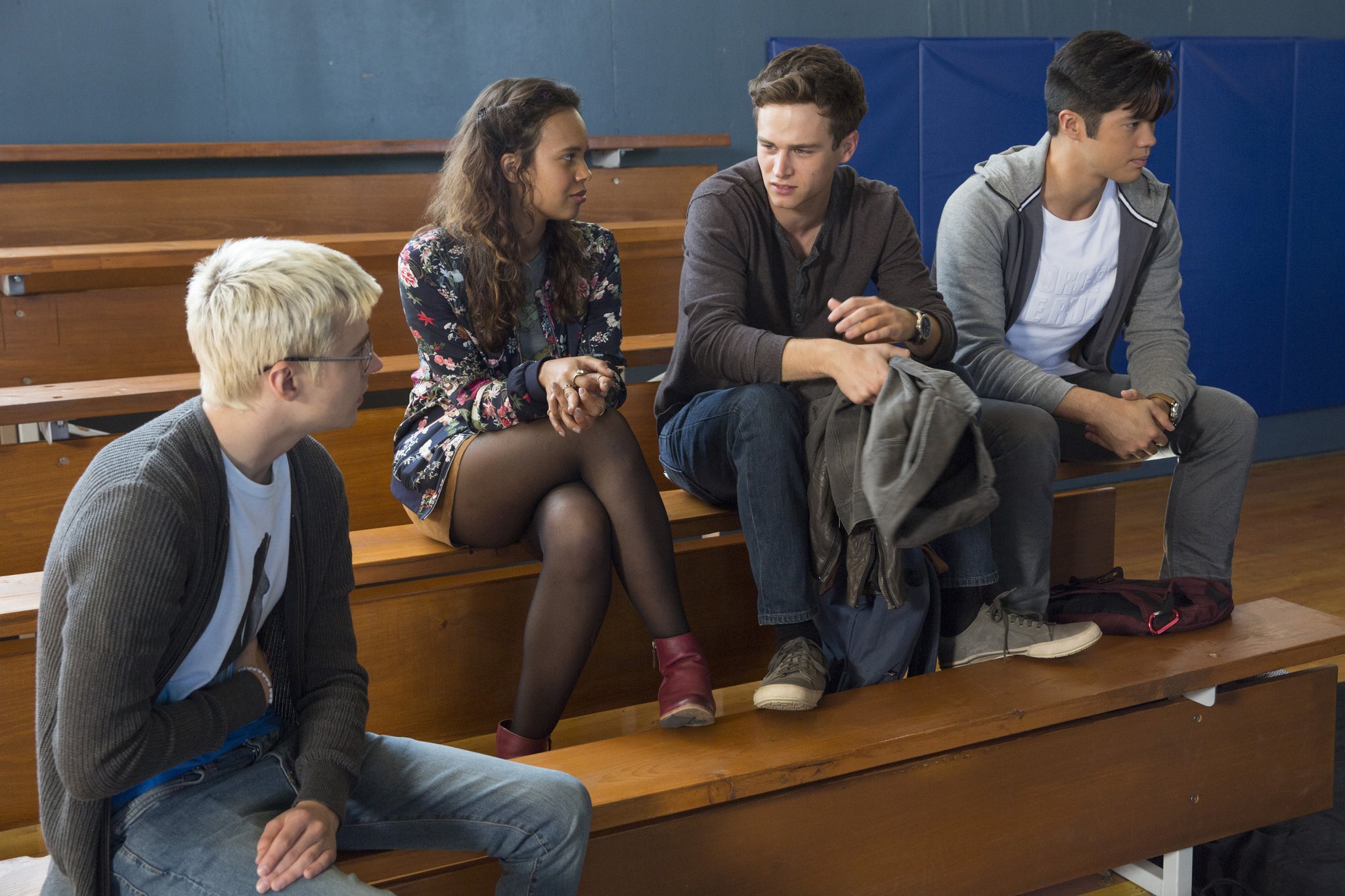
The show attempts to relay the message that a little empathy can go a long way. It’s nothing revolutionary, but it’s worth reminding people. Sometimes, the show steers into “love can conquer anything” territory, in which Clay believes that if he had asked Hannah out, she would still be alive. There have been a lot of critiques of this reading, but I took it as Clay’s own battle with anxiety and self-doubt.
But, that’s what’s tricky about the show. It lends itself to many interpretations, and every viewer can relate to it differently, which is how most media works anyway. Some find it gratuitous and triggering, while others find it relatable.
Depictions of Violence
Movies and television shows use violence—a lot. I’m not going to go into discourse about the way sexual violence against women has been used as a plot tool, because plenty of people have said it better than I ever could, but it is worth mentioning here.
“13 Reasons Why” has some heavily triggering scenes worthy of a warning before the episode. In comparison to other shows, Hannah’s suicide and sexual assault are not played up for entertainment, but they are still extremely difficult to watch. Though, I can’t speak for people who have gone through similar situations and may find these scenes more disturbing than I did.
It’s not supposed to be pretty, and a negative reaction is expected, but it also raises the question of how much care should be taken when dealing with sexual violence and suicide, especially in a show meant to raise awareness for such causes.
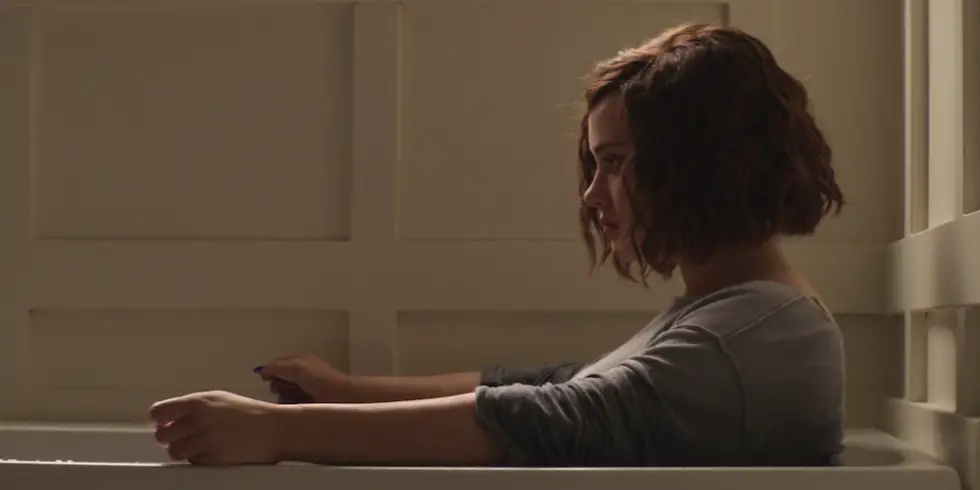
Jay Asher, the author of the book that the show is based on, wanted to show suicide as a horrific experience, even though he chose to make it much less explicit in the book by having Hannah take pills instead. Even then, her final moments aren’t a full scene, but a detail. Showing a scene so controversial certainly opens the floor for discussion, but it may not be enough.
In fact, “The American Foundation for Suicide Prevention” states that, “Risk of additional suicides increases when the story explicitly describes the suicide method” and “uses dramatic/graphic headlines or images.”
This refers to the way media publicizes suicides, but for anyone at-risk, a TV show can have the same effect. This doesn’t mean that movies and TV should shy away from sensitive topics, but rather show the other options that people have, like opening up to others and seeking professional help.
Beyond Hannah’s Story
The show tells Hannah’s story, but she’s obviously not the only one affected. One thing I noticed while watching “13 Reasons Why” was how most of the characters fell into a grey moral spectrum, like real human beings. You feel conflicted about liking them, especially when you know what they’ve done. But, they’re not villains (except Bryce, who is irredeemably terrible). Even Hannah isn’t painted as a perfect angel.
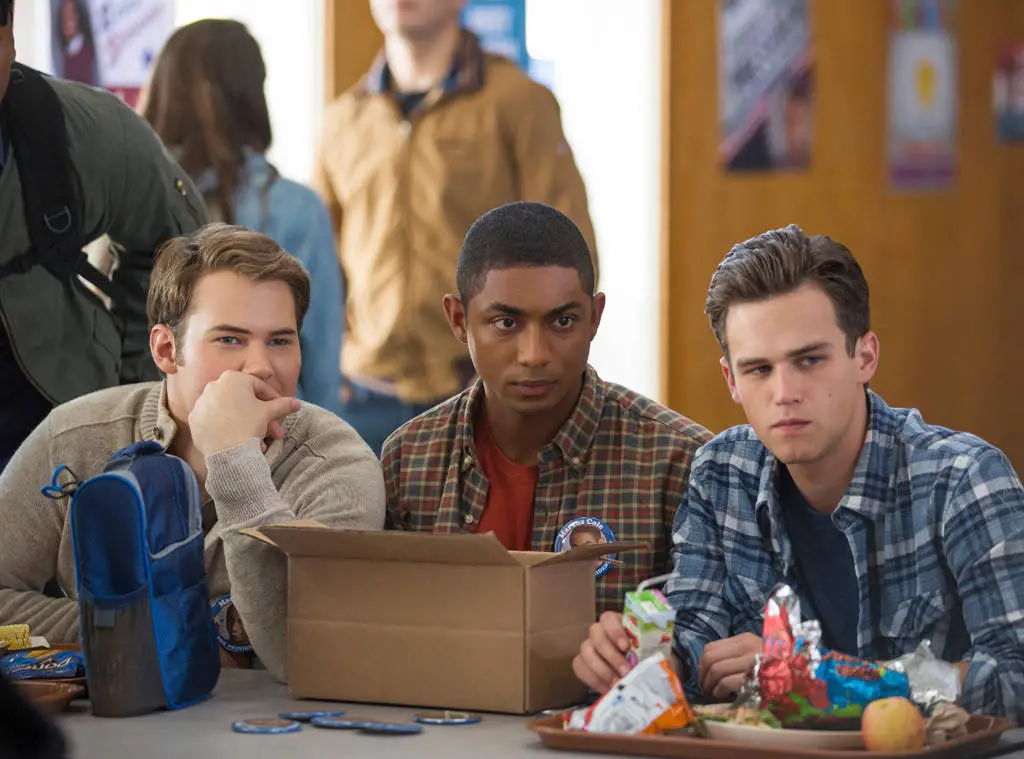
Clay is most clearly affected at first. It takes him forever to get through the tapes, but can anyone blame him? It’s not explicitly stated, but Clay is going through mental illnesses of his own. The effects of Hannah’s suicide will probably linger with him, no matter how hard he tries to forget.
He’s not the only one who feels the effects though. A death so sudden and brutal destabilizes entire communities. Even before the events of the show, they make it clear that everyone is dealing with personal trauma in different, unhealthy ways. Some say the show glamorizes the whole ordeal, but I’m not sure there’s much appeal in feeling that awful.
Light at the End of the Tunnel
Another common criticism of the show is that it shows no signs of hope at the end. Hannah explains that she tried to reach out to the school guidance counselor as a last resort, but it seems her mind is made up before she even walks through the door. And on top of that, another character has supposedly attempted suicide as well (only “supposedly” because the show frames it as a possible murder).
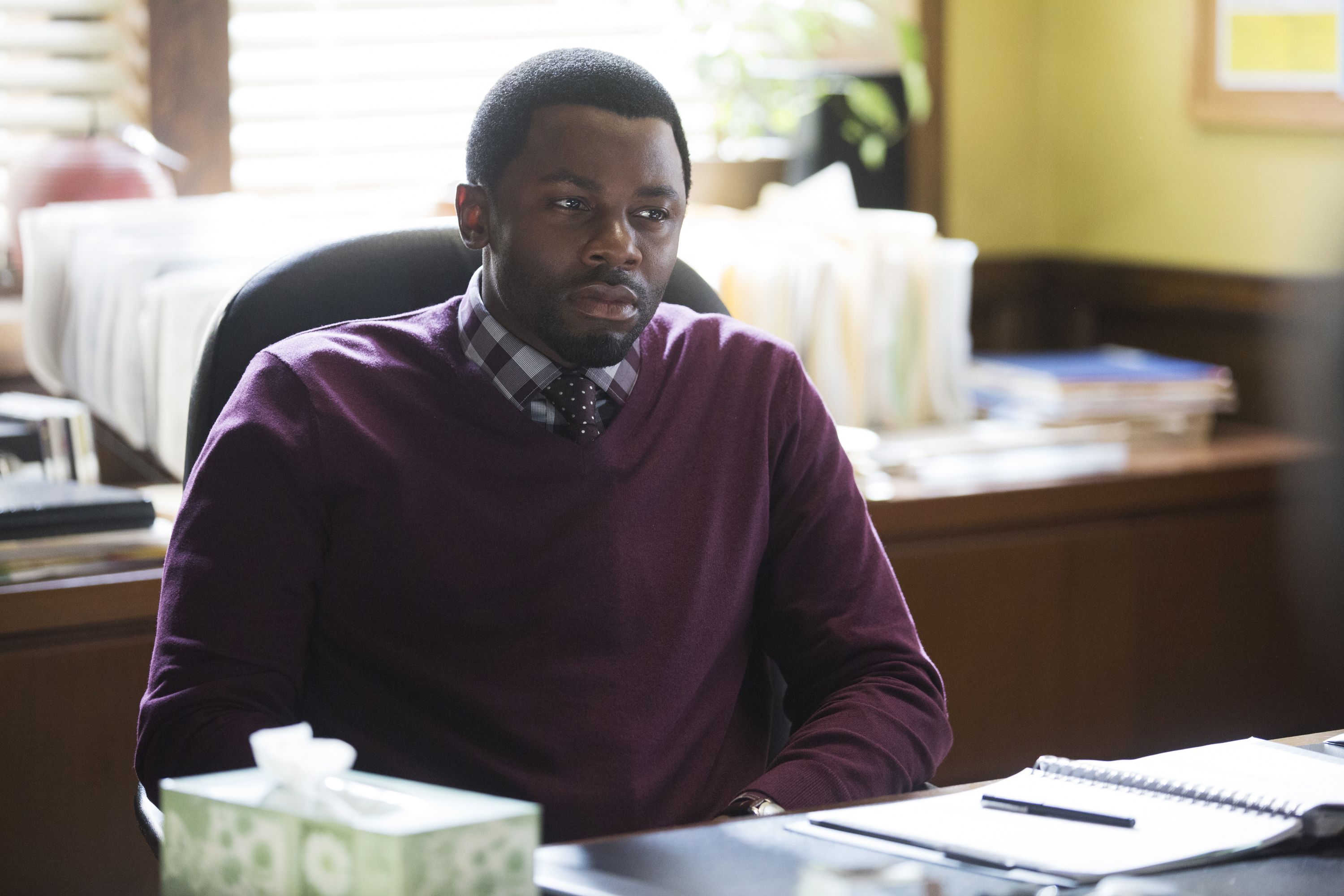
There’s a lot going on, and maybe the bleak ending hints at a possible second season. Even the final scene of Clay driving with his best friend along the California coast in a John Hughes-inspired reverie doesn’t fill the void. Perhaps, it’s meant to mimic the lack of closure that everyone in Hannah’s life must feel, or maybe I’m reading into it.
Even if you hated “13 Reasons Why,” it’s raised a lot of conversations that need to be had, and those conversations include how creators should handle sensitive topics in a way that’s respectful but informative to both those who are suffering and those who should be looking for red flags.
The show does some things right, and that’s showing that people have more than one choice when it comes to dealing with bullying and mental illness. Keep the conversation going because it may be what someone desperately needs to hear.


